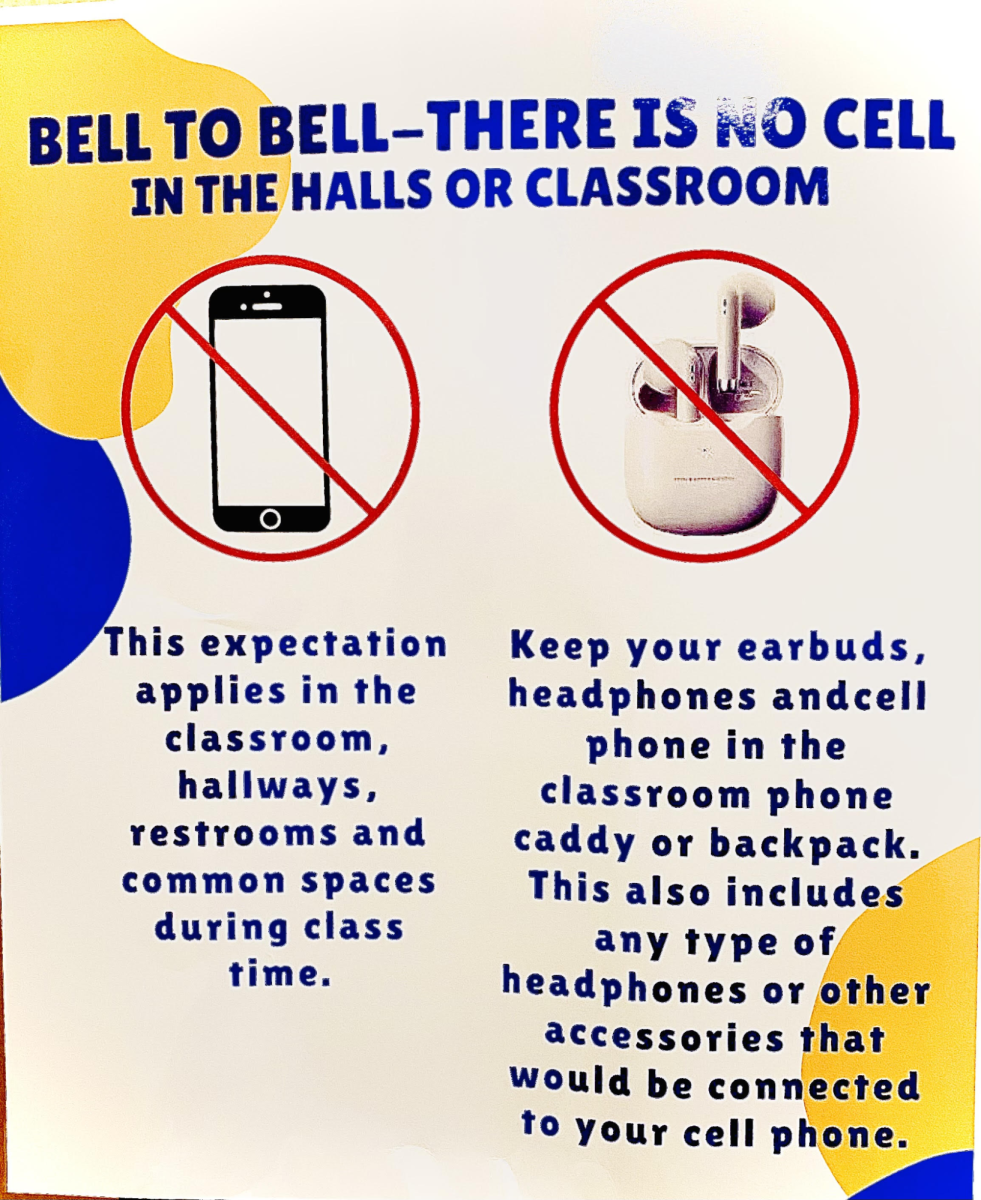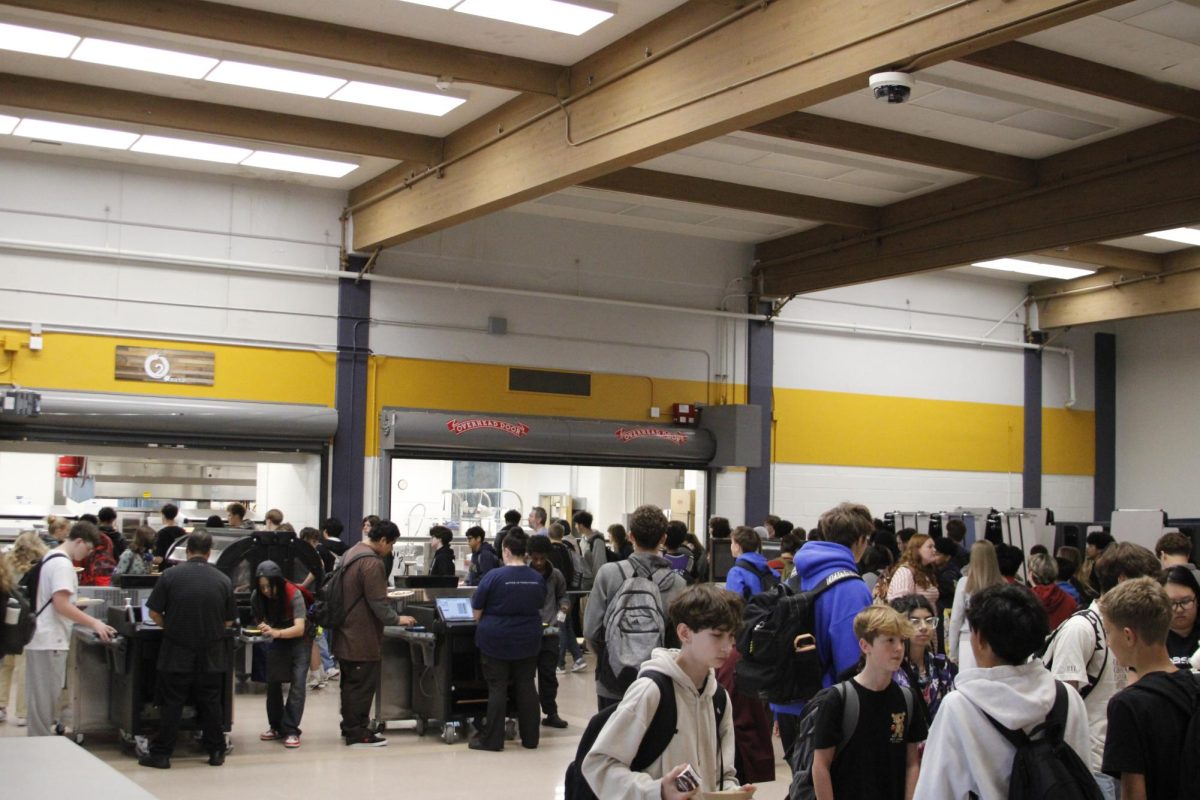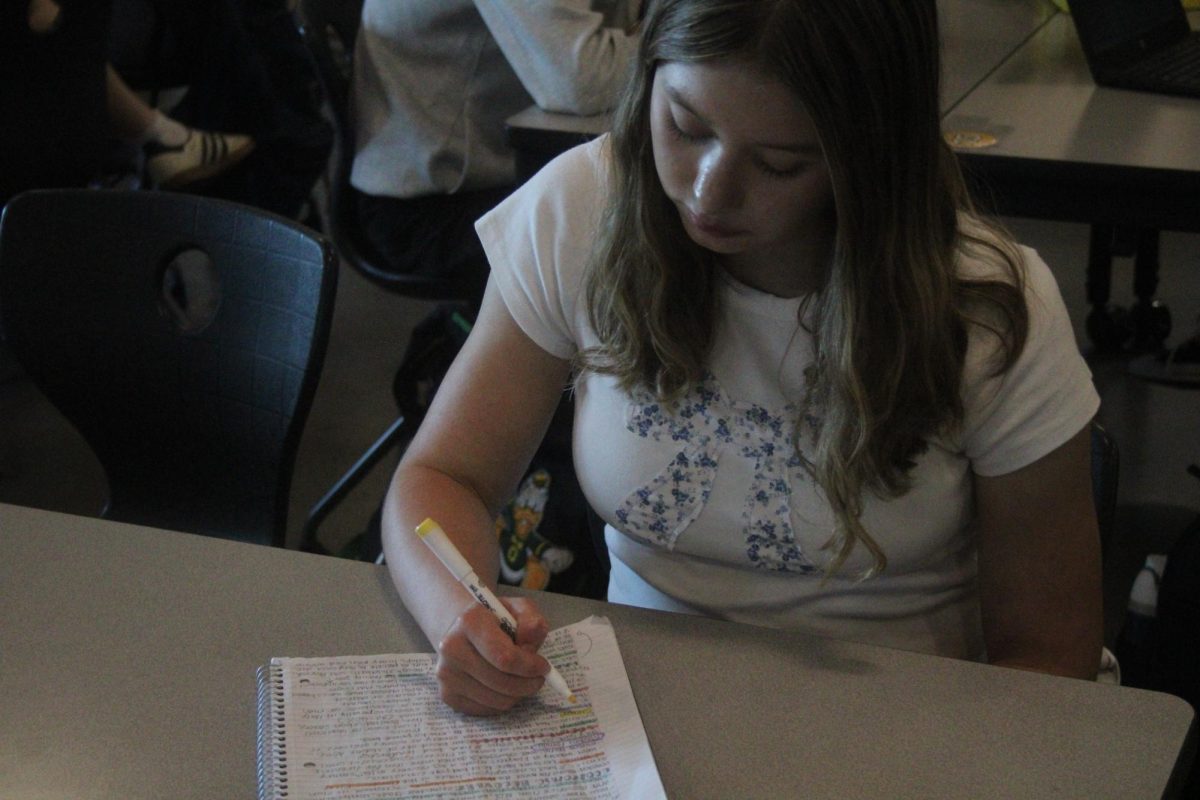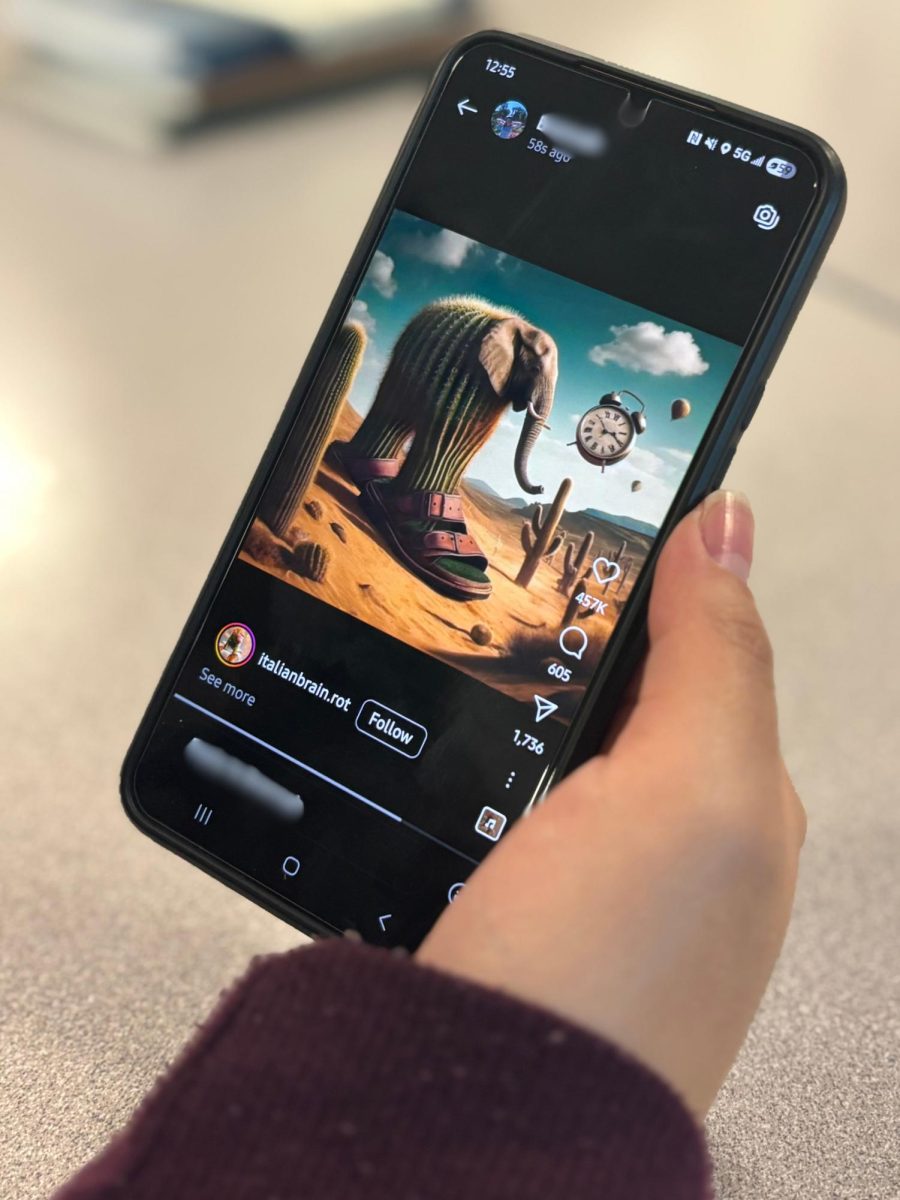Governor Tina Kotek welcomes the new school year with a new statewide cell phone law. This law requires students to have zero interaction with their phones at any point in the school day. Governor Kotek reasons with this idea by saying, “The research is clear, cell phone use can create a trifecta of consequences for our young people.”Even though this is going to be mandated by January 1st, 2026, Barlow makes this law effective immediately in this new school year. The law states that phones, smart watches, and headphones are prohibited during the entire school day. The policy is referred to as “from bell to bell, there is no cell.” Any student who violates this policy will be punished with a detention or confiscation of the phone.
As this new policy takes place, students are concerned about how it will impact everyday school life. Some students are displeased about how strict the policy is. Madison Paulson, a student at Barlow, asserts that the policy should be “banned in classes, not during lunch and passing time.” Many students agree with this statement and also think that all day is too much. Faith Lewis, who is also a Barlow student, shares that the ban on watches and headphones is too restrictive towards students’ needs. She claims that “music helps students when they are working and helps them concentrate.” She, too, is impacted by this ban, along with many other kids who enjoy having background music to focus on their work. As students accept this new law, sacrifices have to be made; not allowing music is one of them. This drastic change is leaving Barlow students to be more social and engaged in the content, but disconnected from the online world.
Not only are students affected, but teachers too. As cell phones and watches have become more technologically advanced, they are more distracting as well. Teachers have been working hard to restrict phone usage, but without the new law, this was a hard task. Mr. Molony, a technology elective teacher at Barlow, communicates “it’s great, it’s awesome,” and “you either need to have it all on or all off.” Meaning having this policy for only class time won’t work since kids will find a way to use it, but having phones away all day will keep students from being on it. Many teachers and staff agree with this statement and have also agreed that it has improved the engagement of students. Molony claims that there were “only a couple of minor infractions” with students using their phones. With phones stored away in backpacks and back pockets, teachers are happy, and students are learning.
As a student at Sam Barlow High School, I, too, am seeing the effects of this phone policy. Can I speak for everybody? No. But I can say that not having my phone is starting to get me more engaged. However, there are things that I really wish I had my phone for. For example, being able to make phone calls, texting outside of class, or needing to use my phone to send pictures for an assignment. I think having it away during lunch and passing time is too strict and extreme, but I can see why they would have to go that far, as past policies wouldn’t work that way. I guess the real question is, will students abide by this policy all year? Or will they find ways to beat the system?








